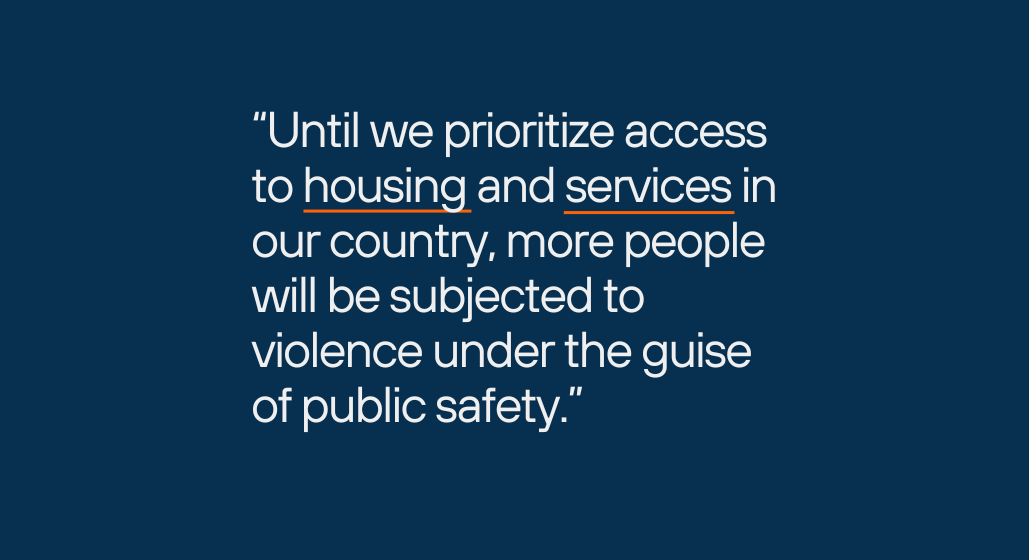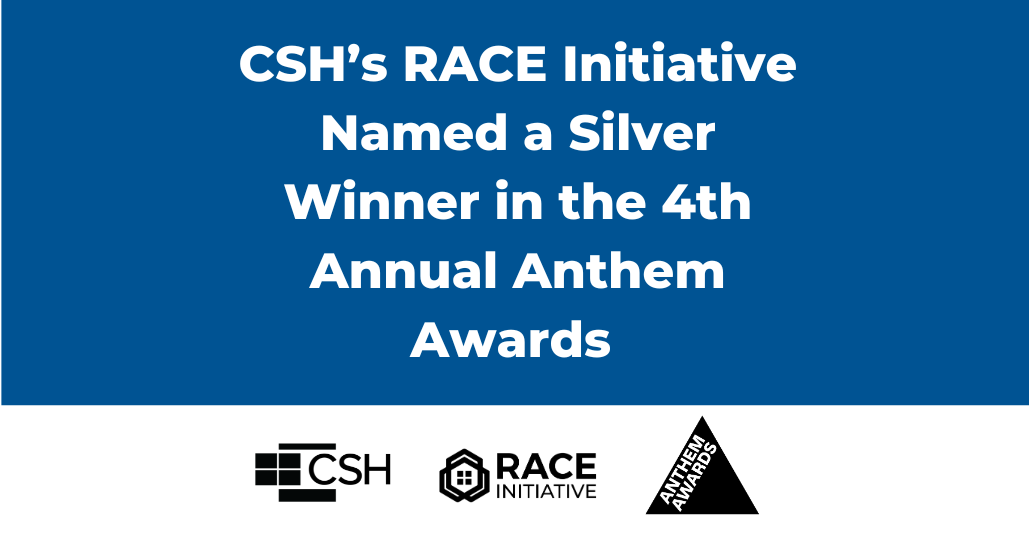The Centers for Medicare and Medicaid Services (CMS) got 2013 off to a fast start by issuing several new regulations to get the country a few steps closer to implementing the Affordable Care Act (ACA). Large pieces of the ACA, such as the Medicaid expansion and state health insurance exchanges for those without health insurance but not eligible for Medicaid, go into effect in 2014. However, CMS must issue regulations to guide states, managed care entities, providers and patients on the details of implementation.
Of particular importance to supportive housing providers and residents are CMS proposed regulations released on January 21, 2013. These proposed regulations addressed a wide array of issues including Medicaid eligibility (for both those currently eligible and those eligible through expansion in 2014), benefits and possible cost sharing rules. Per federal procedure, these regulations were issued as ‘proposed’ to allow interested parties to provide comments regarding the soundness of the policy proposals. CSH along with several of our partners welcomed the opportunity to submit our concerns. It is important that everyone serving people with disabilities and complex health conditions understand the issues on the table.
Here is a summary of CSH’s major concerns:
Medicaid Cost Sharing: Of most concern is the possibility of imposing cost sharing for those currently eligible for Medicaid regardless of their income and disability status. The possible charges include: copayment for outpatient services at $4 per visit, cost sharing for prescriptions at $4 or $8 depending on the drug, and emergency department copayment of $8 for individuals with incomes below 150% of the federal poverty level. CSH expressed concern over these copayments for people with complex health conditions and lack of access to primary care physicians and clinics. Inability to pay could be a barrier to receive care which will further delay treatment and these fees, while seeming nominal, can add up and be unmanageable for people with low incomes, especially those experiencing homelessness.
People with Substance Use Disorders: Newly Medicaid eligible people who also are designated as ‘medically frail’ or having ‘special needs’ can opt-out of the benefit package the state creates for the new Medicaid population (also know as the Alternative Health Plan) and opt-in to the traditional Medicaid program which will most likely have a richer benefit package. The proposed regulation adds some definition to the terms ‘medically frail’ and ‘special needs’ and includes those with disabling mental disorders. However, the proposed rule is silent on whether people diagnosed with substance use disorders are included in the definitions. CSH feels those with substance use disorders need special services and supports and should have the option to opt-in to traditional Medicaid coverage. The Alternative Health Plan is not likely to include enough substance use treatment coverage and may require higher cost sharing levels which would be barriers to treatment.
Former Foster Youth’s Access to Benefits: The proposed rule will require that young people in foster care be enrolled in Medicaid the day they reach age 18 (or the age-out level in their state) in order to remain Medicaid eligible through age 26. This is problematic for many youth in foster care. If the youth left placement, had benefits terminated while in a public institution or had Medicaid enrollment ceased due to a state administrative error, the young adult would have their Medicaid eligibility compromised. If the person has a disability or chronic condition including mental health needs, their overall health and stability could be compromised. In addition, the proposed rule gives flexibility to the state on how (and if) they will insure former foster youth who were enrolled in another state’s Medicaid program upon leaving foster care. So even if a young person decides to go to college in a neighboring state, their Medicaid eligibility could be compromised without them knowing it. CSH believes CMS should strengthen require states to extend Medicaid coverage to all former foster youth and this coverage should be extend if the youth moves to another state.





